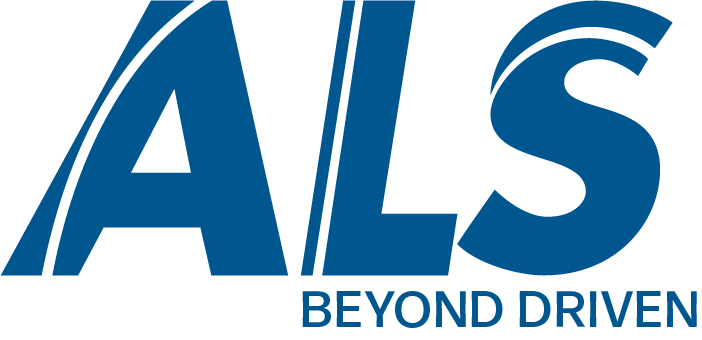The client’s network included 27 suppliers throughout Mexico that frequently supplied very time sensitive less-than-truckload (LTL) shipments to their plants in the US and Canada. The client came to ALS frustrated with late pickups/deliveries, misdelivered pallets, freight claims, and the lack of proactive visibility and communication to their logistics strategy. Without transparent pricing, they were constantly hit with additional fees, fighting invoices, and had difficulty recovering urgent shipments from their LTL provider to have them expedited when needed. The client relied heavily on shipping LTL to route a majority of their freight, which can present some challenges when used as an exclusive routing option. LTL freight is handled multiple times throughout transit, is less visible during transit, and delays can be common. The client’s cross border process required tight communication between the supplier, the customs broker, and the carrier. However, the LTL carriers were not communicating with the client to let them know when a supplier did not ship, when a supplier shipped a different quantity than expected, or when the carrier was experiencing a delay, which could create additional charges. More times than not, the client would not learn about an issue until the day of delivery, leading to conflicts with their suppliers and carriers.

The Solution
After listening to the client and understanding their needs and challenges, ALS obtained shipment data from the client’s suppliers in Mexico and thoroughly examined the volumes, frequencies, and characteristics. Through several rounds of engineering analysis, ALS found a couple of solutions for the client, including using ALS’s hubs in Laredo, TX, and Jackson, MI, as consolidation and deconsolidation points. ALS was also able to utilize these consolidation points to easily reroute or expedite urgent shipments. ALS also created revised routing scenarios that included milk runs, LTL, and dedicated collection solutions to minimize costs. ALS suggested additional changes to the clients shipping schedule that would allow additional time for consolidation and recovery, if needed. Acting on the client’s tracking expectations, ALS reduced LTL handling from 7-10 times per shipment to 2-3 times, established an inspection process in Laredo and Jackson to minimize damages, and created routing guides for the client’s suppliers—laying out clear expectations and communication. The supplier routing guides also included language stating that the supplier would be responsible for the cost of any extra shipments they caused. ALS ensured their carriers would verify pallet count, send ALS their paperwork, and any discrepancies would be quickly escalated to the client and supplier for resolution. Lastly, the client’s freight audit and pay issues of the past had been resolved by ALS who negotiated on behalf of the client and held carriers firm to their pricing.
The Results
ALS immediately improved the level of service and communication to the clients’ plants in North America and drastically reduced the amount of money the client spent on expedites. Due to the robust strategy that ALS implemented, there were zero late deliveries to the North American plants in the first year of operation. ALS provided daily in-transit reports to the plants which included pallet quantity and key details so the managers would know exactly what they had coming inbound. ALS also coordinated the entire cross border process and continued to drive the communication between the carrier, the supplier, and the client. ALS established transparent guidelines for all involved parties, clearly outlining the specific timelines for cross-border paperwork submissions to facilitate timely crossings and deliveries. Thanks to ALS, the client could redirect their attention to other aspects of their business, trusting that ALS would efficiently handle their freight and promptly notify them of any potential issues.





